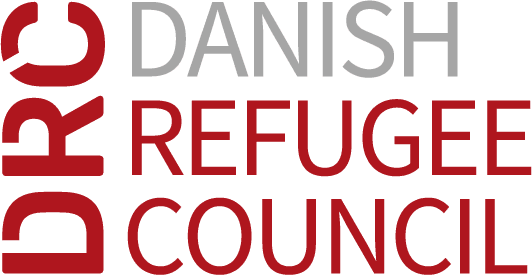
Free Online Course: Carbon-Footprinting for a Green Humanitarian Response
Understanding the carbon footprint of a humanitarian organization is a necessary step toward climate neutrality and environmental sustainability. Many humanitarian organizations are already considering climate change impacts on their operations, which is an essential step towards climate neutrality. As individuals, communities, and organizations, we have a responsibility to protect the environment and reduce our carbon footprint. In order to achieve this, it is crucial to understand the sources of greenhouse gas emissions and take practical steps to reduce them. However, it is also important to remember that we must balance our investment in reducing carbon emissions with other humanitarian and environmental priorities.
This course is designed to provide you with the necessary tools and knowledge to promote environmental sustainability in your organizations. Through interactive lectures, practical activities, and group work, you will learn about the key sources of greenhouse gas emissions in typical humanitarian responses. Additionally, you will gain hands-on experience using standard tools for estimating and tracking emissions, as well as learn practical steps to reduce them.
To achieve carbon neutrality, it is vital to prioritize environmental initiatives and strive for a balance between carbon neutrality goals and other environmental benefits. By taking this course, you will be able to lay the groundwork for environmentally-friendly humanitarian responses and support the development of green organizational practices. Join this workshop and acquire the skills necessary to make a positive impact on our planet and promote climate-neutrality transformation in your own organization.
Using real-world examples and scenarios, the course will explore the steps needed to achieve climate-neutrality in the present-day operational realities in humanitarian settings. You will learn from case studies in which humanitarian organizations have reduced their carbon footprint and improved their environmental performance.
This training is part of the aha’s certification program and is eligible for a Certificate of Advanced Studies in the area of “Foundations of Humanitarian Action”.
Photo credit: Etienne Girardet/Unsplash


